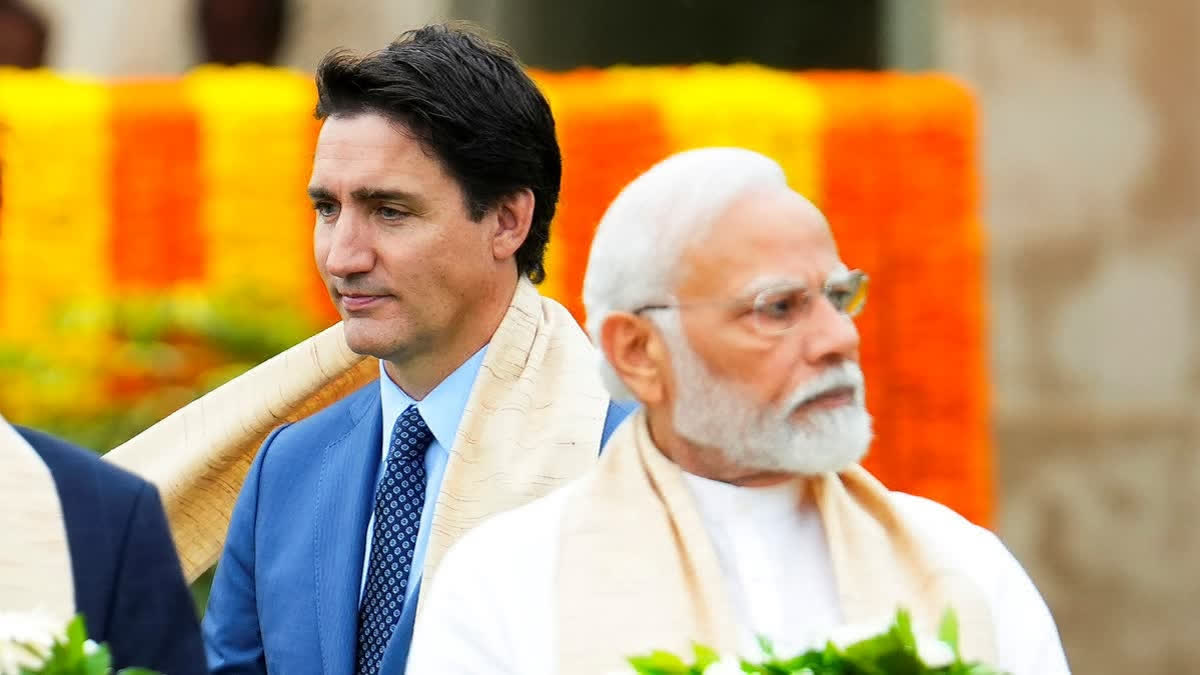New Delhi:Amidst the escalating diplomatic tensions between India and Canada over the alleged killing of a pro-Khalistani separatist on Canadian soil by 'Indian agents', it is imperative for farmers and politicians in both nations to refocus on agriculture. Failure to mend relations promptly could have detrimental effects on India’s food economy.
Canadian Prime Minister Justin Trudeau has pointed fingers in both parliament and through the media at the Indian government for this incident, resulting in visa suspensions and other diplomatic measures. However, the repercussions may intensify, potentially involving tariffs, trade restrictions, and even the recall of diplomats. But how does this relate to agriculture?
Since the onset of the Russia-Ukraine conflict, fertilizer prices have soared, with Di-ammonium Phosphate (DAP) prices recently surging by 25% and NPK (nitrogen, phosphorus, and potassium) fertilizers following suit. Here’s the connection: Canada possesses the world’s largest potash reserves, a vital mineral for industrial agriculture and muriate of potash (MOP) fertilizer production. With over 30% of global potash reserves and being a top producer, Canada was the primary MOP supplier last year.
Due to the conflict, Russian fertilizer supplies are constrained, leaving India with limited potash sources. Both China and Canada, major potash producers, closely monitor India’s agrarian situation. As relations deteriorate, Canada might leverage this by seeking concessions from India, potentially even pushing for a complete ban on Canadian potash exports to India.
Such a move could have a detrimental impact on India’s food security and harvests. Recognizing this fertilizer risk, Indian policymakers have appealed to Canada to ensure uninterrupted potash supply. Unless India seeks to increase shipments from Russia and Belarus, we might face potential shortages of crucial agri inputs, significantly impacting Rabi sowing and wheat harvests. Canada has historically been a dependable potash source.
